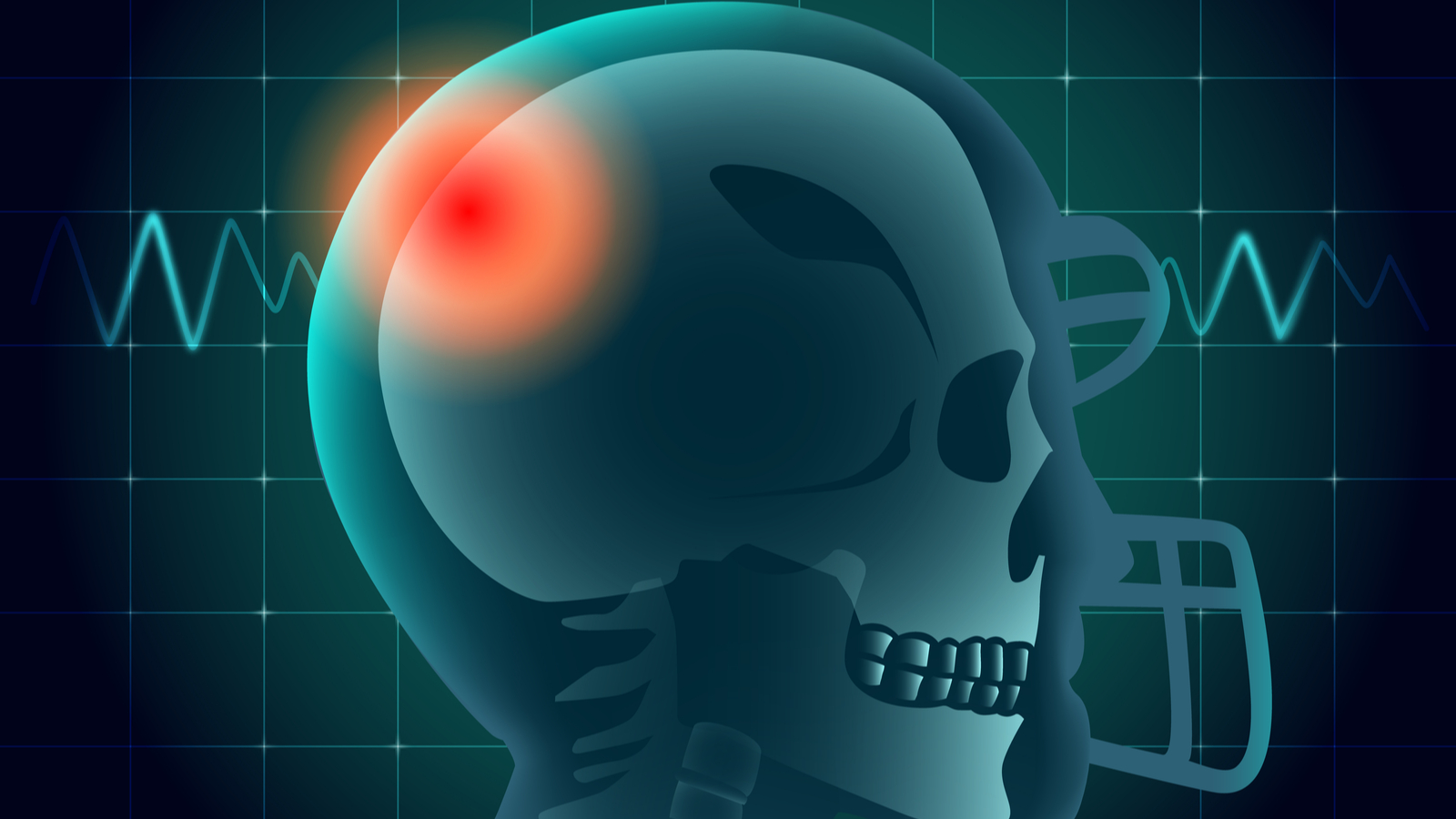How Traumatic Brain Injuries Can Affect Your Vision

Vision doesn’t just encompass what we see, but how we make sense of what we see. It controls movement and cognitive functions, and when those systems don’t work correctly, it can significantly affect one’s life. A traumatic brain injury can affect the parts of the brain that control visual processing and perception, because many times, they damage the cranial nerves, optic nerve tracts, and occipital lobes.
For those with a TBI, the vision problems that can occur can significantly affect a person’s life. Some of the most common symptoms of a TBI include:
Blurry vision – This happens when the ability to shift focus between objects both near and far is compromised.
Double vision – This occurs when both eyes experience a disconnect, unable to work correctly in sync, resulting in eye teaming.
Decreased peripheral vision – Peripheral vision helps to see objects without moving your head or eyes, giving you the ability to sense motion without accidents. When this part of your vision decreases, it creates problems interpreting effects and objects out the sides of your eyes. This problem, as a result, causes vision field loss and motion sensitivity.
Headaches – Headaches from a traumatic brain injury can last for more than just a few days; they can last up to more than a year if not treated. Eye pain can also result from these headaches, creating a stabbing pain, a dull ache, or even burning itch around the eyes.
Light Sensitivity – TBI’s can also cause sensitivities to light, such as the sun or fluorescent light.
What kind of treatments are available?
Optometrists will be able to provide vision treatment, mainly if they specialize in traumatic-brain-injury vision problems. Some of the most common forms of medicine come from focusing on the underlying problem, which can include surgery or vision rehabilitation therapy. Still, if neither of those treatments is possible, these various treatments can aid in healing your TBI and your vision.
Corrective vision glasses – As some of the most common forms of treatment for blurry vision, these glasses can magnify objects for up-close objects and distance. For those who have a glasses prescription beforehand, small changes in the prescription can help rehabilitate the eyes back to normal as you heal from the TBI.
Prism glasses – These glasses contain a prism, which changes the way that light comes into the eye. Prism glasses can help with double vision and visual field loss.
Patching – Patching one part of the eye can help those with double vision. Patching helps to eliminate the information that results in double vision.
Tinted sunglasses – Tinted sunglasses can help reduce the amount of light the eye receives, especially if fluorescent light becomes irritating to the eye.
For those who experience vision loss, our optometry office can help. Dr. Paul Trapeni, Jr. has worked with patients of all eye conditions, and through The Optical Shoppe in Smyrna, TN, you’ll get the most fashionable glasses at the most affordable prices. If you wish to get a new prescription, then contact our office today to schedule an appointment.

Dr. Paul D. Trapeni JrAt The Optical Shoppe, we're dedicated to optometry excellence under the guidance of Dr. Paul D Trapeni. Serving the Smyrna community since 1989, Dr. Trapeni is a trusted member of the community, bringing general and specialized optometry care to individuals and families throughout the area.


